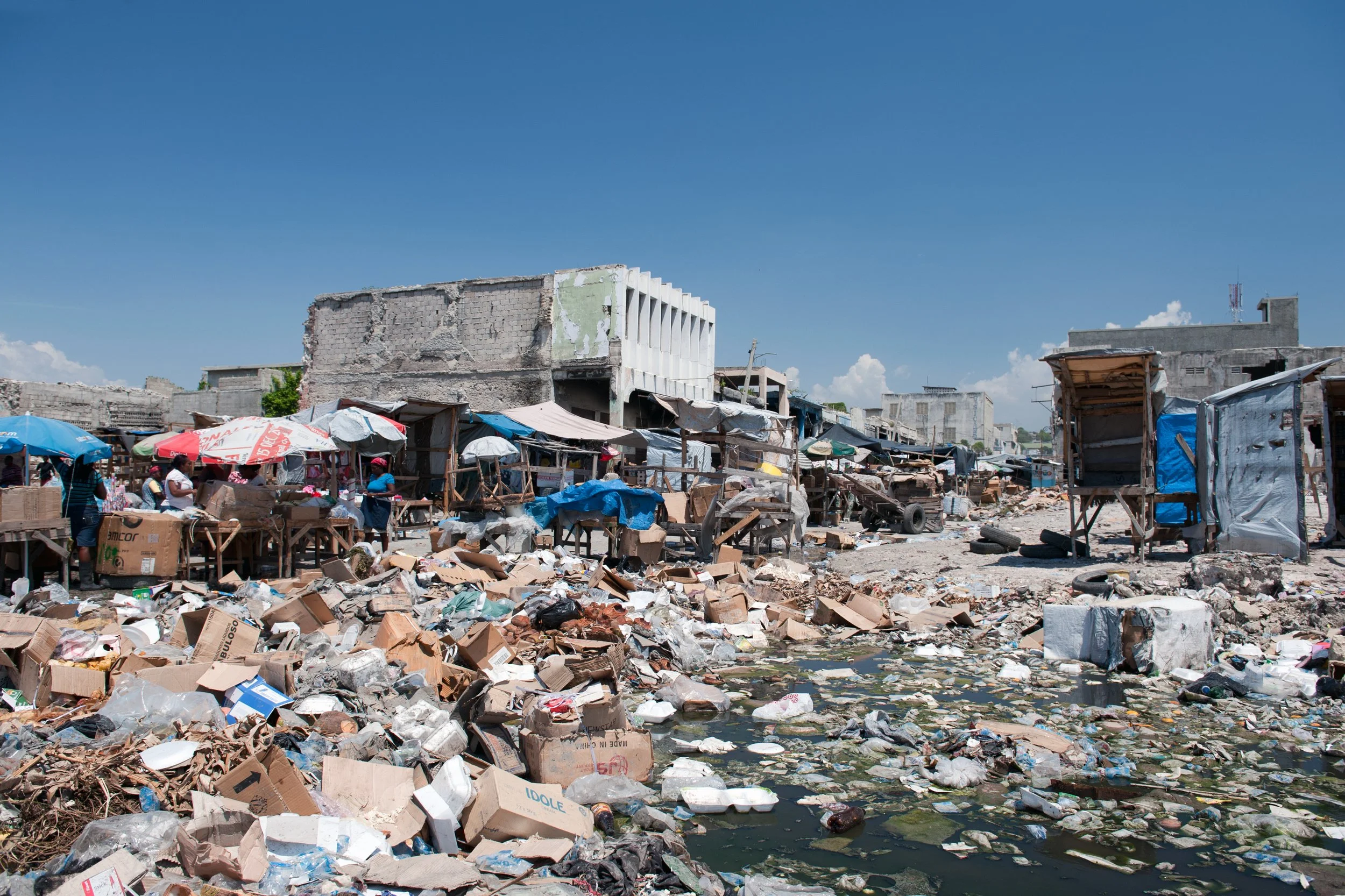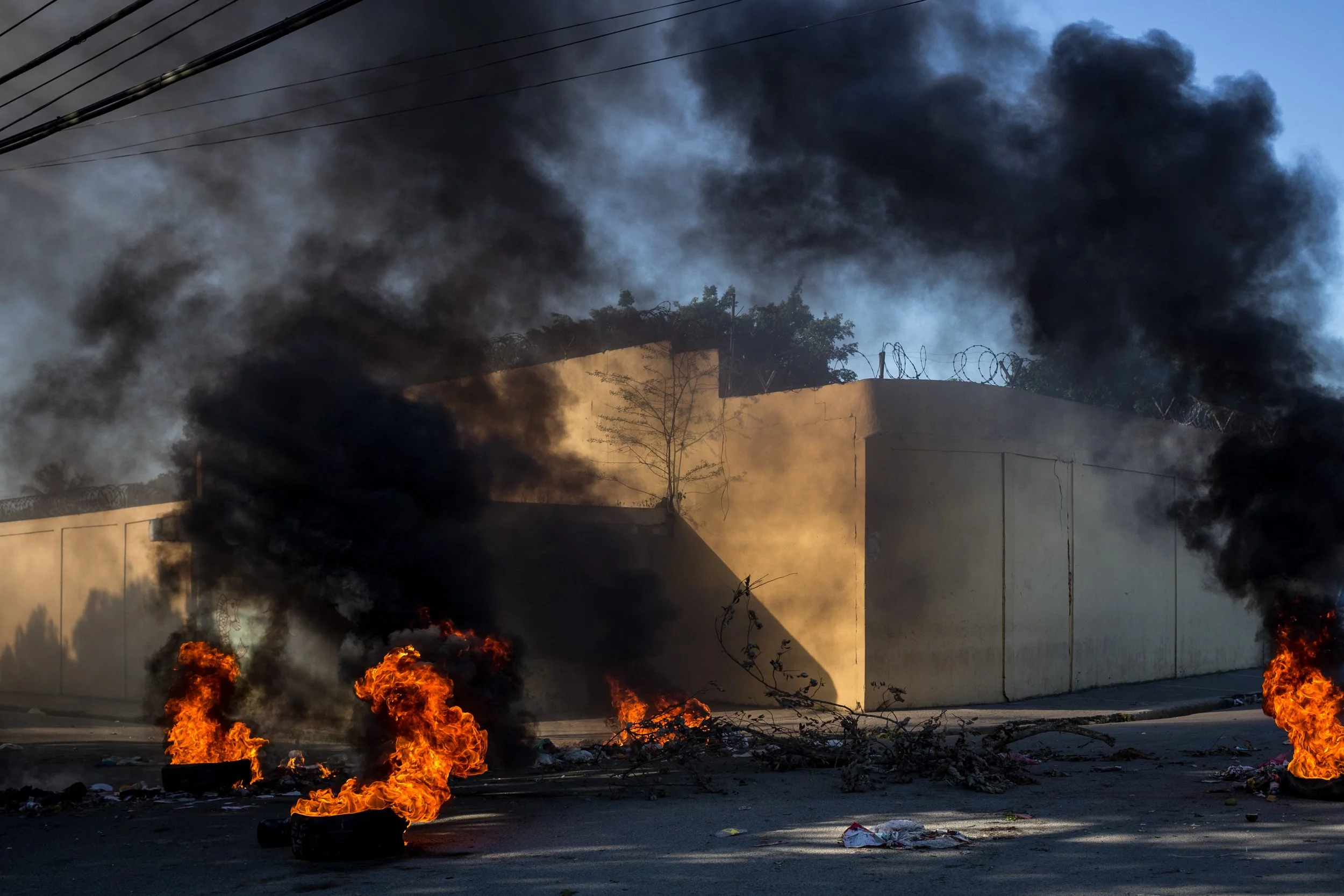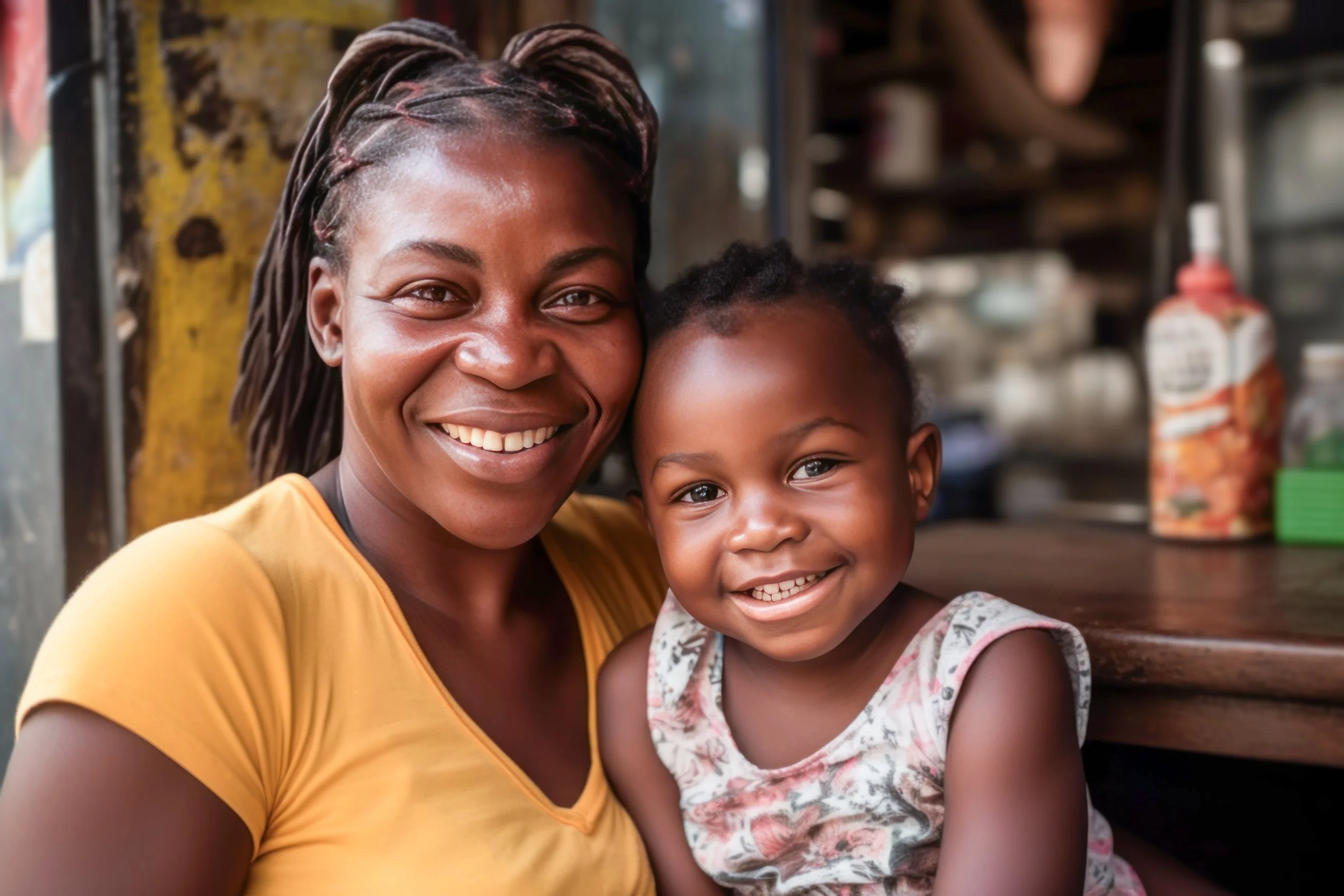Mission 991's Upcoming Trip to Haiti: Stepping into the Gap for the Vulnerable
As we approach November 2025, Mission 991 is gearing up for a critical trip to Haiti, where we'll partner with a local youth and community outreach campus to combat the escalating threats of human trafficking, exploitation, and violence. This isn't just a short-term visit—it's the foundation for a long-term relationship aimed at dismantling predatory networks and providing lasting aftercare rooted in Christ's love. In the spirit of Matthew 18, where Jesus teaches us to leave the 99 to rescue the one lost sheep, we're committed to stepping in where systems fail, offering unorthodox solutions to protect the most vulnerable.
Why This Trip Is Urgently Needed
Haiti Today
1,520 killed
1.3 MILLION displaced
680,000 children
5.7 Million hungry
Haiti is in the grip of a profound crisis, where gang violence has created a breeding ground for all forms of exploitation—not just sex trafficking, but labor trafficking, emotional and mental manipulation, addiction coercion, and even risks of forced organ removal. According to the United Nations Integrated Office in Haiti (BINUH), at least 1,520 people were killed in gang-related violence during the second quarter of 2025 alone, with an additional 185 kidnappings and 628 victims of sexual violence reported. Gangs now control up to 90% of Port-au-Prince, displacing over 1.3 million people, including 680,000 children, as per the International Organization for Migration. This chaos has led to widespread food insecurity, affecting 5.7 million Haitians—over half the population—who face acute hunger, with gangs seizing farmlands and blocking aid.
In this lawless environment, youth are particularly at risk. Gangs recruit children into forced labor, sexual exploitation, and armed violence, often using manipulation and addiction as tools of control. The U.S. Department of State's 2025 Trafficking in Persons Report highlights how Haiti's limited territorial control, corruption, and weak law enforcement exacerbate these issues, making it difficult for official entities to intervene effectively. Christians, too, face targeted persecution amid the turmoil, as faith communities are disrupted and believers are caught in the crossfire of gang wars and extortion schemes earning gangs $60-75 million annually from container transports alone. When evidence is insufficient or conflicting, victims are often left in cycles of abuse—precisely where Mission 991 steps in with faith-driven, practical solutions.
Our partners on the ground report that without intervention, these youth face not only immediate dangers but long-term entrapment in cycles of poverty and exploitation. This trip is needed now because the situation is deteriorating: From January to March 2025, 1,617 people were killed or injured in violence involving gangs and self-defense groups. We can't wait for perfect conditions; we're called to act with urgency and hope.
The Trip: Our Plan and Partnership
During this November mission, Julian Diaz will collaborate directly with the youth and community outreach campus to:
Conduct OSINT (Open-Source Intelligence) training for local leaders to identify and disrupt trafficking networks.
Assist our partners in providing immediate aftercare resources, including safe shelter, counseling, and faith-based recovery programs for survivors of exploitation and violence.
Equip the campus with tools for prevention education, focusing on recognizing signs of labor trafficking, manipulation, and addiction coercion.
Foster partnerships with local churches and law enforcement to create sustainable rescue pathways.
This aligns with our budget priorities: 30% for aftercare to ensure survivors thrive, 15% for travel and undercover ops to reach hard-hit areas, and 5% for OSINT to empower remote assistance. We're not just responding to the crisis—we're building capacity so locals can lead the fight.
The Potential Impact of Long-Term Relationships
Fostering a enduring partnership in Haiti could transform the region. Short-term aid helps, but long-term relationships yield measurable, sustainable impact:
Rescues and Arrests: By equipping locals with OSINT skills, we anticipate facilitating dozens of rescues annually, similar to our work in Central America, where partnerships have led to key arrests in trafficking rings.
Aftercare and Prevention: Ongoing support could provide aftercare for hundreds of youth, breaking cycles of exploitation. Imagine a campus where kids learn not just survival skills but biblical truths that build resilience.
Community Empowerment: Long-term ties mean consistent resources, reducing reliance on fleeting international aid. This could lower displacement rates and hunger by securing safe zones for education and farming, countering gang extortion.
Broader Ripple Effects: Connecting anti-trafficking efforts with awareness of global Christian persecution (as seen in Open Doors' World Watch List) amplifies our message. In Haiti, where violence indirectly persecutes faith communities, strong partnerships could protect believers and inspire regional stability.
We've seen this model work: In our U.S. and Central American ops, long-term collaborations have resulted in verifiable impacts, like hours of OSINT leading to survivor stories of freedom. Your support makes this possible—turning urgency into lasting hope.
Join the Mission
We invite you to be part of this life-changing work. Donate today at mission991.org/donate to fund this trip and future partnerships—your $50 could provide shelter for one youth. Pray for safety amid the chaos and for hearts to turn to Christ. Volunteer your skills in OSINT or awareness campaigns. Share this post to spread the truth about Haiti's crisis. And invite Julian Diaz to speak at your church or event—contact us at info@mission991.org to book.
Together, we're exposing uncomfortable truths, protecting the vulnerable, and rescuing the one. Thank you for standing with us.




